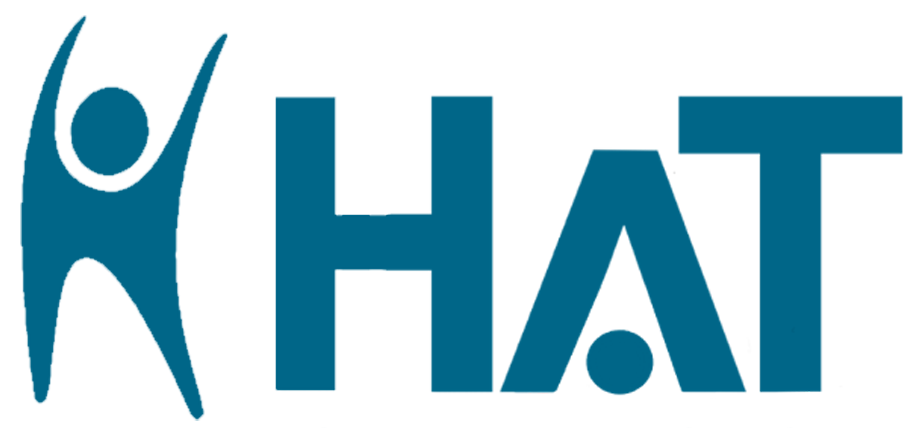Today’s presentation will be a virtual meeting.
Join Zoom Meeting https://us06web.zoom.us/j/971381033
“The Ethics of Sperm Donation”
Presented by Catherine Francis
In early July 2024, Netflix released a three part documentary entitled The Man With 1,000 Kids. The documentary features a prolific sperm donor (Jonathan) in the Netherlands who had fathered hundreds of children through sperm donation and a group of angry mothers who took him to court to obtain an injunction preventing him from continuing to donate. The principal concern and focus of the mothers seemed to be the fear that their children could unwittingly end up in relationships/have children with their half siblings. But there were clearly other concerns. Would it be traumatic for their children to have so many siblings? How could hundreds of children have a relationship with their biological father? What about the fact he lied to them when he said he had only helped a few families? There was even a suggestion that their blond haired blue eyed donor had donated in other countries where parents sought lighter skinned offspring.
The story is far from unique. Since the advent of inexpensive at home DNA tests, many cases of prolific sperm donors have come to light, including a fertility clinic in the UK where the doctor’s husband had allegedly fathered some 600 children from the 1940s to the 1960s, and others where the fertility doctor himself secretly used his own sperm rather than donor sperm.
There have been other lawsuits, for example where a clinic inadvertently supplied sperm from a Black donor to a white couple, or where the clinic failed to disclose that a multiple donor suffered from a serious genetic disease that the children inherited.
Sperm donation raises a host of ethical questions and concerns. The following are a few, for discussion purposes:
1. Informed Consent and donor rights.
2. Disclosure - the right to anonymity v children’s rights to know. With the availability of DNA tests the dynamics have dramatically changed. Is there any justification for keeping secret that a child was conceived using donor sperm (or eggs).
3. Payment for sperm donation. Should genetic material be commercialized? This is permitted in some countries but not in others.
4. Legal rights and responsibilities of donors, parents and children.
5. Health and safety - genetic screening. Is there a higher responsibility to test for certain diseases?
6. Psychological issues.
7. Should there be limits on donations? What are reasonable limits?
8. Are there eugenics concerns? It was no coincidence that so many mothers picked Jonathan for his golden wavy locks and blue eyes, to create their perfect babies. Jonathan himself pointed this out in a YouTube series responding to the documentary.
9. What are the risks of unions between half siblings and cousins? The risk of genetic abnormalities for the children of first cousins is actually quite small. Such unions were very common in the not so distant past. The risk for half siblings was hard to find statistics on. If the donor does not have any genetic risks, would it be unethical or dangerous for biological half siblings (who only meet as adults) to marry or have children?
10. Is the answer to ensure that donor children know their status and obtain DNA tests to ensure they are not inadvertently hooking up with their half siblings?
